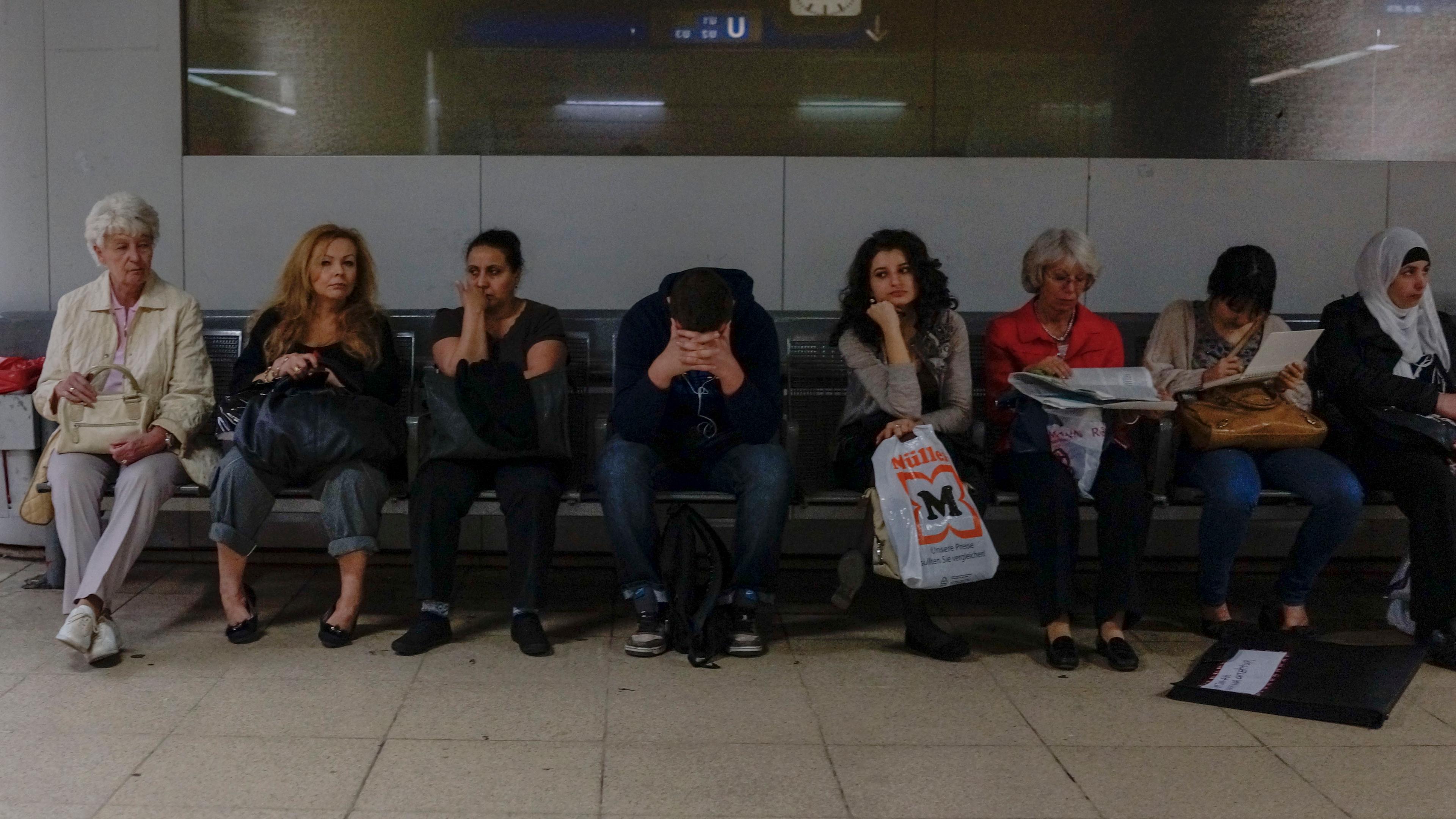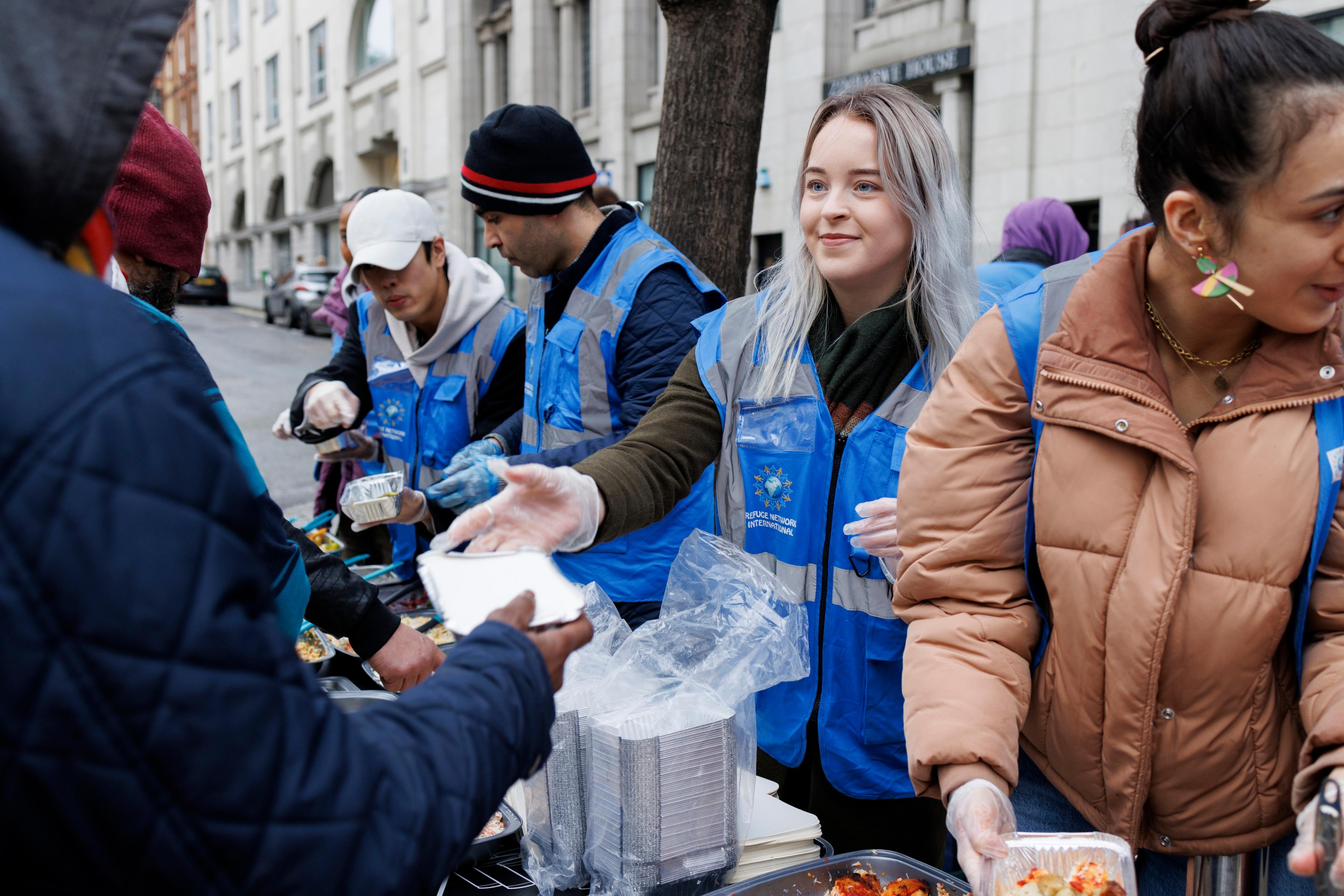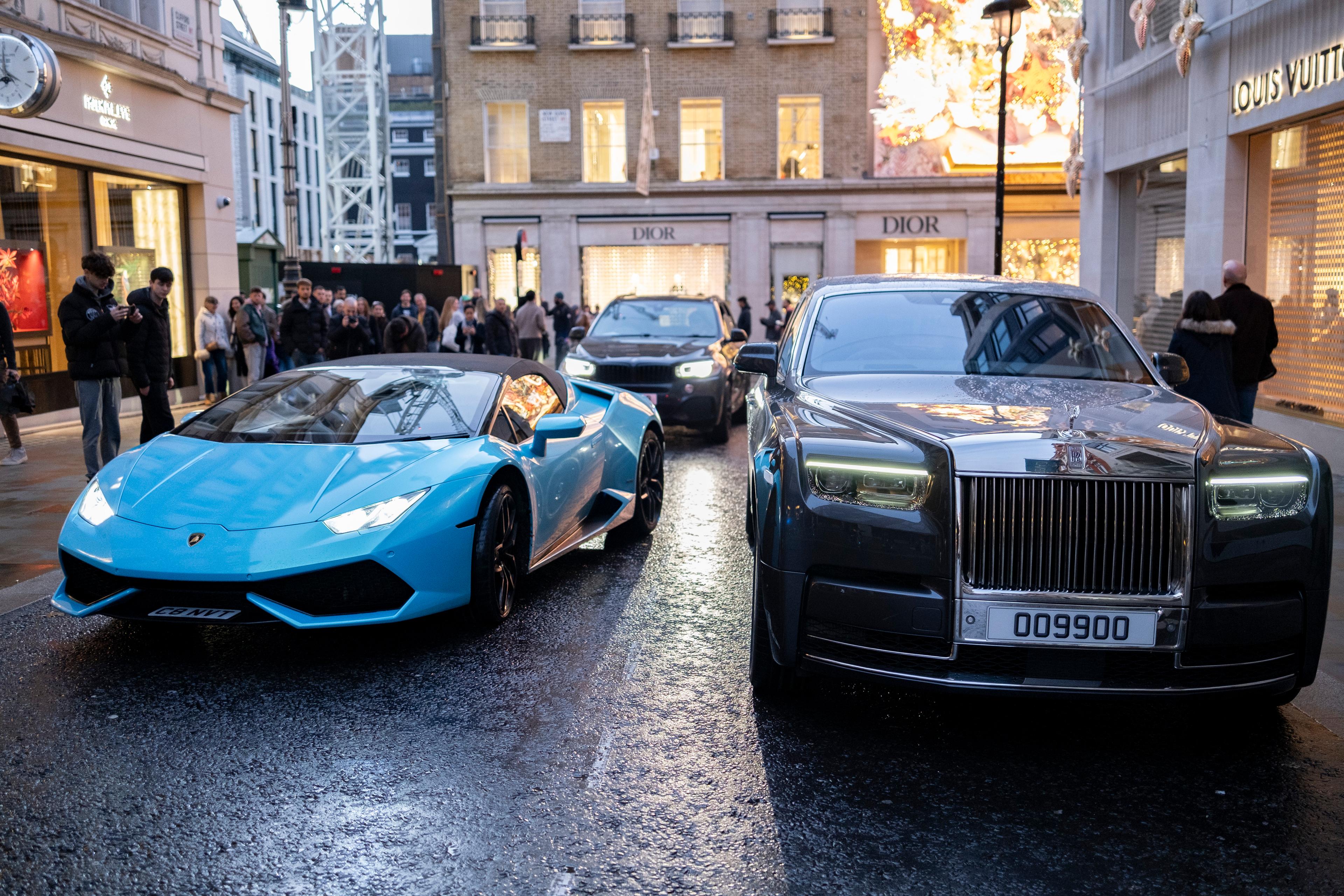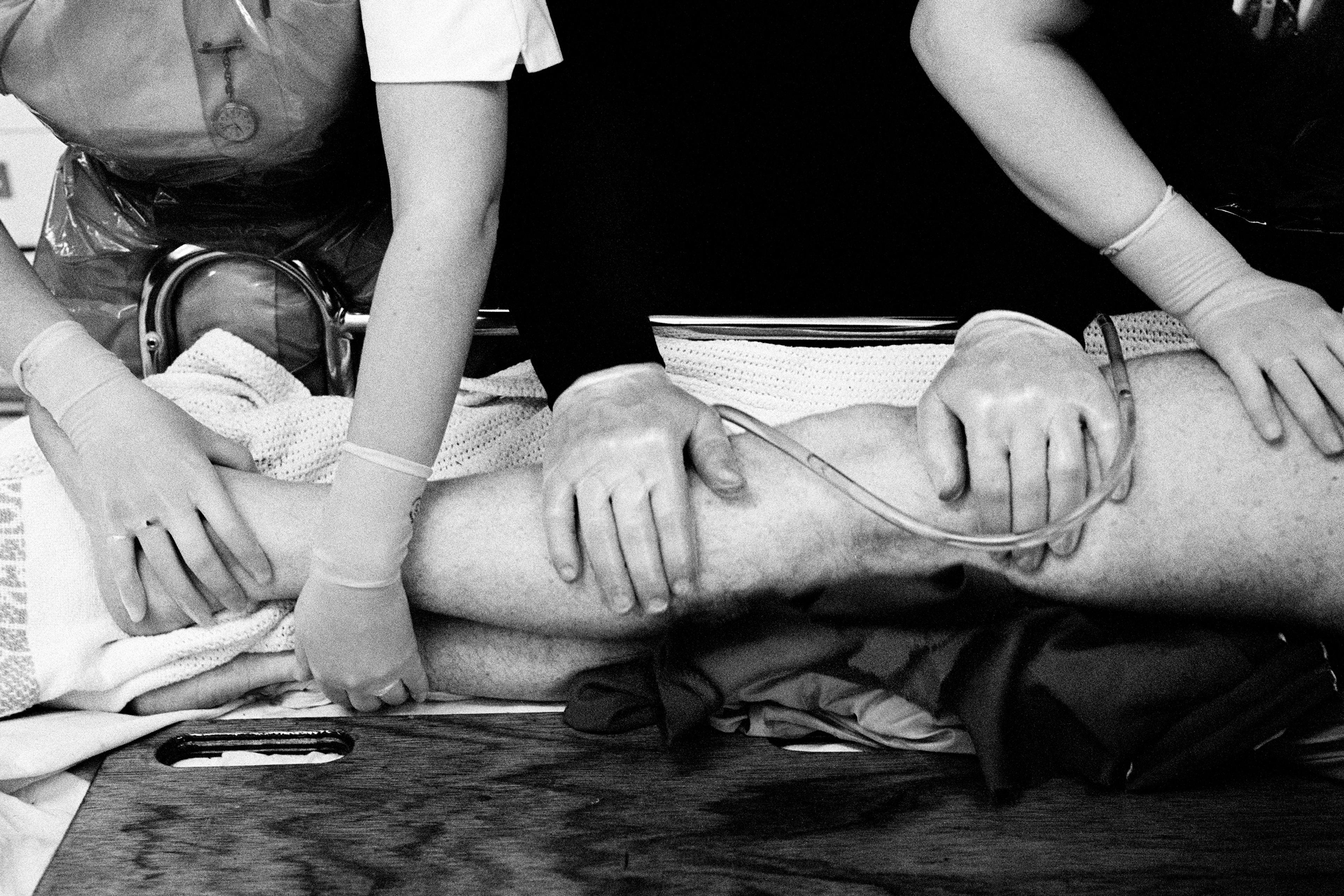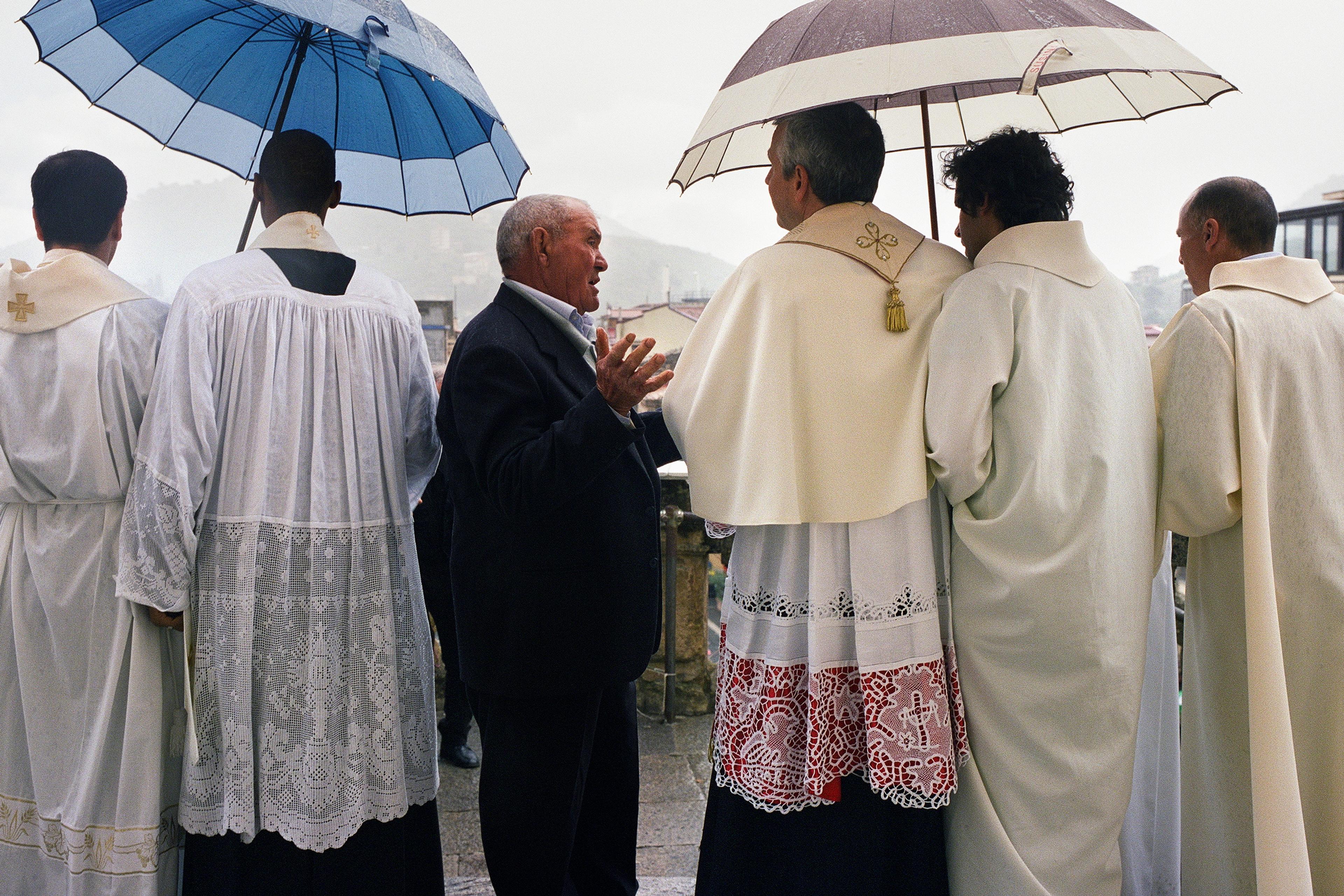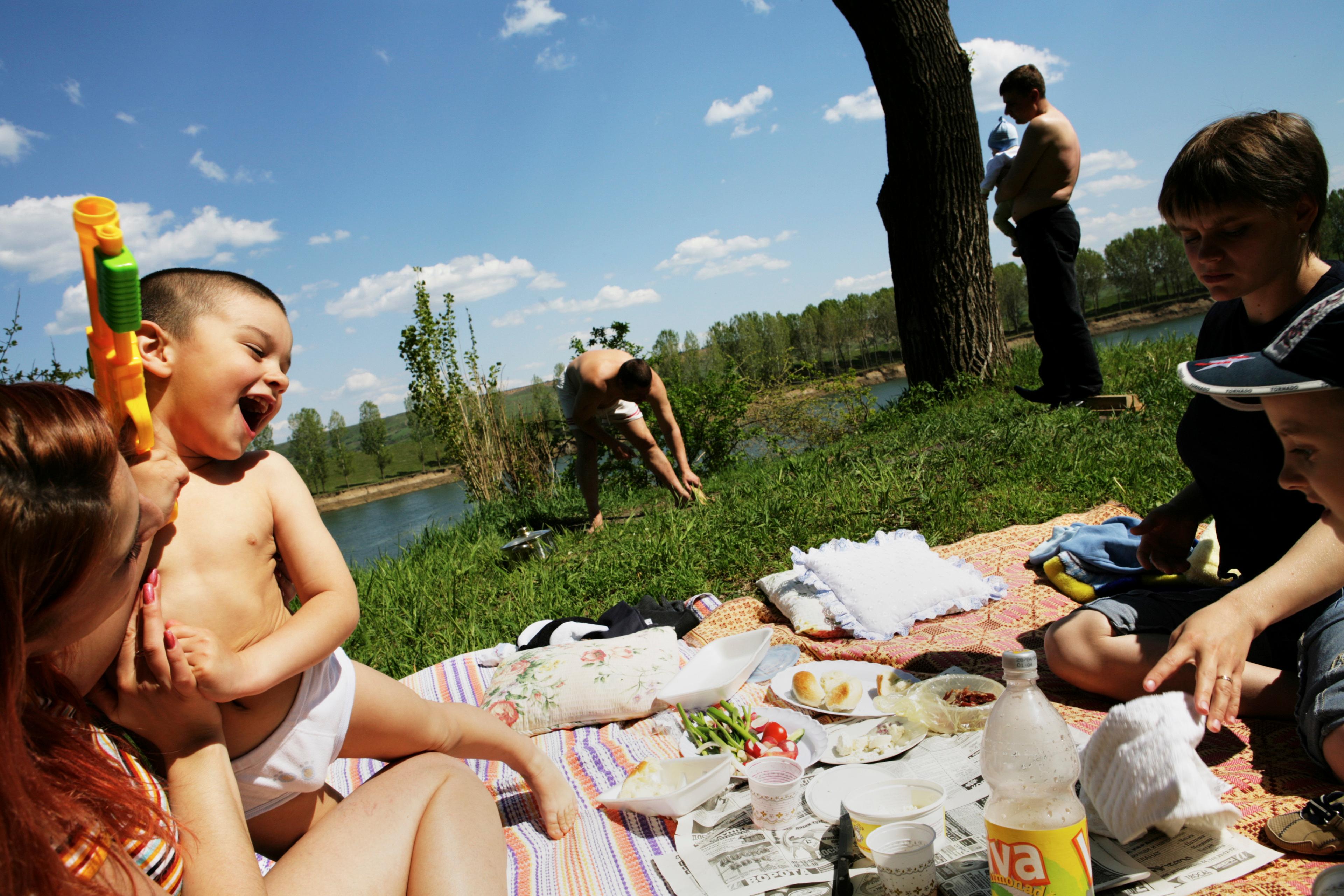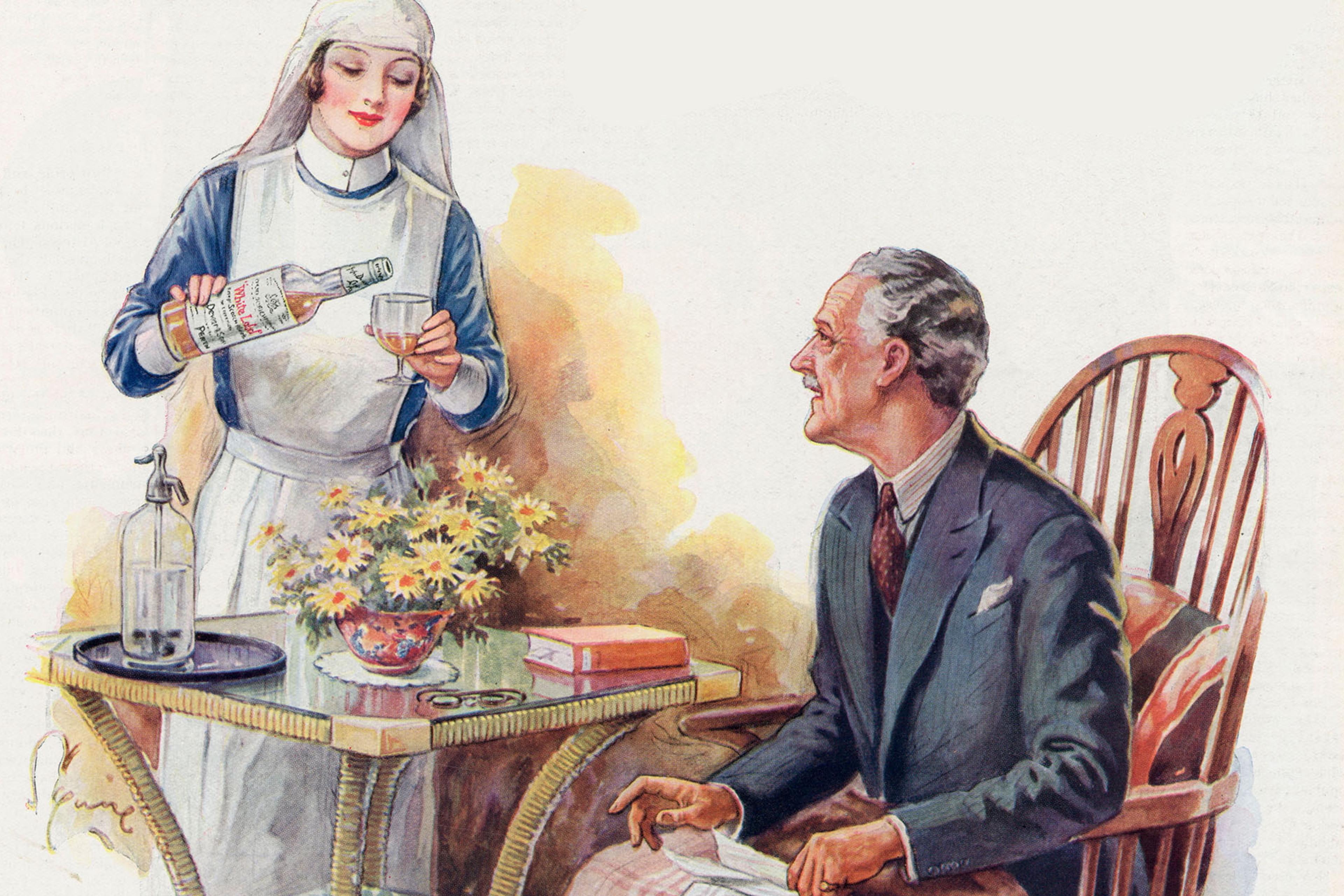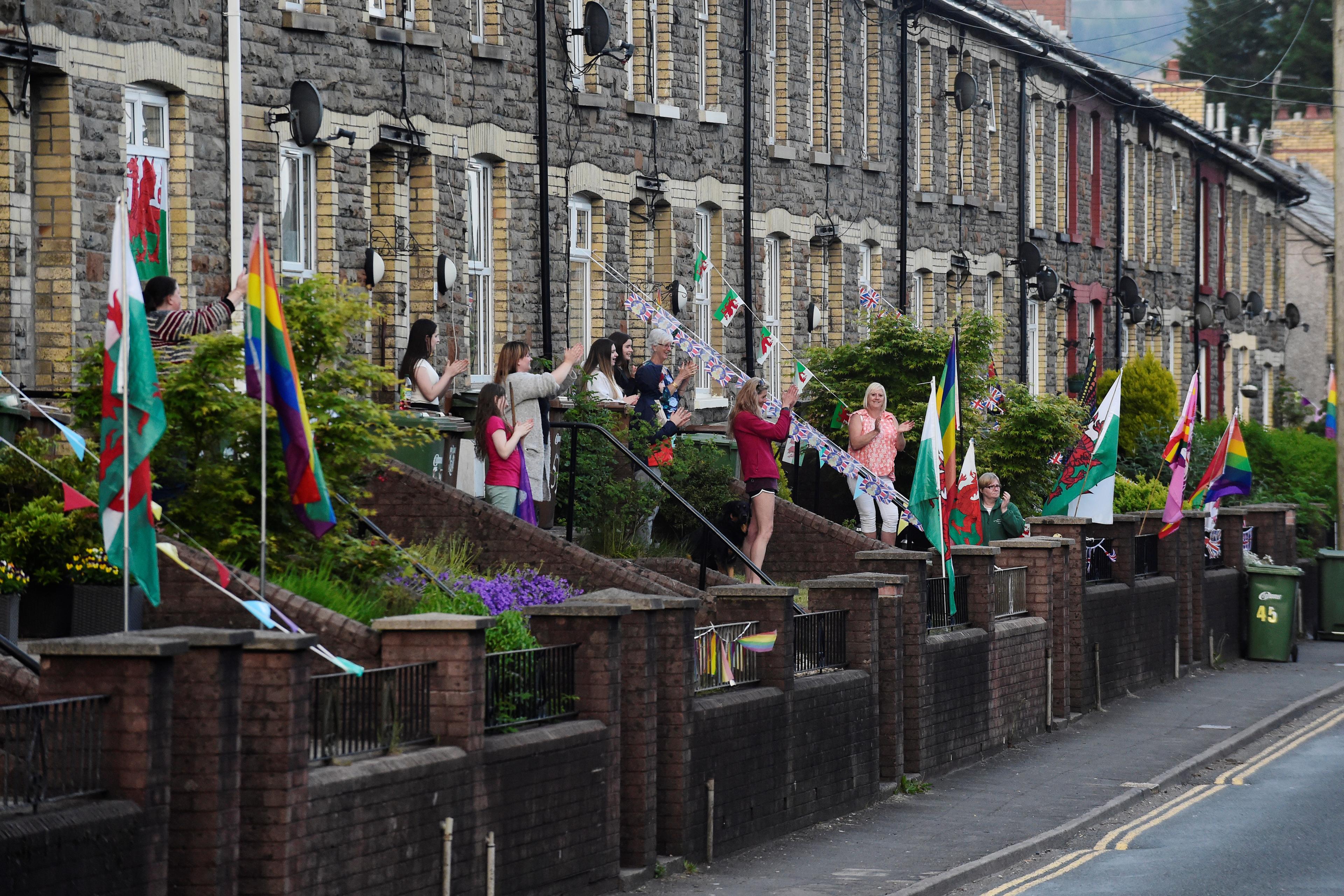Imagine for a moment that you are in a drab, stuffy government building, sitting among a large crowd of deeply bored and annoyed people. You’re waiting a painful amount of time to get an important document, while employees work at a leisurely pace. Or imagine that you are stuck in traffic on the way to work, with countless cars ground to an absolute standstill. There is nothing anyone can do to make the vehicles move any faster: everybody must move at a snail’s pace, precious hours lost to traffic. Finally, think about going to the hospital, an anxious and uncomfortable experience made worse by the hours you have to wait in triage.
Such occurrences reflect the common trials and tribulations of citizens living in modern nations. Each of these excursions have similar aspects: they are time-consuming, everyone else is doing them, and they are mostly unavoidable. These bothersome chores rarely fail to frustrate and perplex us, but we cannot escape them, since we cannot function in society without getting government documents, receiving healthcare, and going to and from different locations. I recently had to take five separate trips to two separate government agencies over the course of two weeks just to get my driver’s licence and car registration in the state of Missouri. While the context of experiences like these changes depending on what country you live in and what civic institutions you interact with, the frustration caused is a near-universal experience.
Unlike other areas of society, what socioeconomic, racial, age or other demographic group you come from has little effect on performing these tasks. In fact, at any particular government office, in the hospital or on the road, one can often see a decently representative cross-section of an area’s population. If not for the circumstances, we might appreciate the level of inclusivity in such spaces. As it stands, the diversity of the space aside, these experiences often force people to endure the same aggravations and inconveniences over and over again. While there are cases of pleasant, efficient and easy experiences at government agencies, in the hospital and on the road, most people have no such luck.
With this in mind, is there some way to make these civic experiences more bearable? For a tonic that can help us navigate the frustrations and inefficiencies of civic life, we can look to the philosopher Margaret Gilbert. In Joint Commitment (2015), Gilbert argues that individuals jointly committed to some task, belief or value form a ‘plural subject’, which is a social entity larger than the sum of its individual members. Members of a plural subject often describe themselves using ‘we’ rather than ‘I’, representing a change in consciousness from an individual formulation of the self to a plural formulation.
Another philosopher, Ludger Jansen, gives an example of such a plural subject. He describes the scene of a car crash, where a car is on fire with someone trapped inside. There are 10 bystanders, and no individual bystander can get the trapped person out of the car on her own. Surveying the scene, three of the bystanders look at each other and decide to act together. By working in concert, they become a plural subject. Plural subjects like this abound in the social world, ranging from small groups joined for a single task to more complex and persisting groups with multiple intermingled joint commitments, such as corporations and governments. Such groups, Gilbert contends, are not mere sums of individuals all having certain mental states that make them feel connected to other individuals around them. Rather, plural subjects are real groups in the world, as real as you and I are real people, with identities and characteristics belonging to the group as a whole.
Consider citizenry. The members of a nation, its citizens, are jointly committed to living in a specific area together with other citizens and following a certain set of laws as decided by the state. There are numerous other joint commitments that help compose this national plural subject, but these two – living in a region together and following a certain set of laws – represent two of the major commitments. We as citizens are sometimes conscious of living in a nation and even in some cases feel affinity and patriotism for that nation. This consciousness of our status as citizens of a nation is our civic identity. Civic identity differs from cultural identity, since nations often contain multiple cultures, along with other forms of plural identity that centre on socioeconomic status, race, religion and other traits or factors. For many people, civic identity forms a central part of one’s individual identity. People often describe themselves as Ethiopian, Korean or French before describing themselves as something else, like Muslim, Christian or a member of the middle class. However, we often live our lives as citizens of a nation without paying that identity much attention, especially in modern nation-states spread out over sprawling geographic areas with massive populations.
This ambivalence holds unless we have reason to think about our status as members of the nation, such as when we have one of the civic experiences narrated above. In civic spaces, we are surrounded by other citizens from all walks of life trying to perform functions needed to operate our lives in our home country. Since every citizen engages with multiple civic services many times throughout her life, the perplexities and aggravations of those civic services are a common civic experience. The long wait times, drab buildings, crowded spaces and complex bureaucracies do cause headaches, but they cause headaches for every citizen from every stratum of society. The joint experience of frustration is palpable; everyone is experiencing the myriad inconveniences with everyone else.
When we are reminded of our civic identity, we are more likely to appreciate the needs and experiences of our fellow citizens
If we let it, this joint experience can breed an awareness of ourselves as citizens and the common civic identity we have with other citizens. We all live in nations with shared resources, identities and expectations. This experience can remind us of a simple but oft-forgotten lesson: we are all in this together. As citizens, we are divided by class, race, religion, socioeconomic status and other demographic attributes, but we are citizens together. We live under the same laws, have the same stake in our shared resources and privileges (even if access to these is not equitable), and have to put up with the same civic bullshit. It is easy to forget this common identity when we live most of our lives sequestered in groups divided by the demographic factors listed above, but civic experiences bring us back into common civic life with each other. While other experiences centred around cultural, socioeconomic or religious identity can remind us of what we have in common, civic experiences serve as a more effective reminder of our status as citizens, since they are more ubiquitous and often necessary in order to effectively participate in society.
So, going to government agencies, visiting the hospital or using transportation infrastructure can help remind us of our civic identity, reinforcing what we hold in common with other citizens. The upshot of this is that, when we are reminded of our civic identity, we are more likely to appreciate the needs and experiences of our fellow citizens, which can build camaraderie and solidarity among citizens. This is a necessity for political action and advocacy. People are more likely to help others or vote in socially aware and conducive ways if they view themselves as being part of the same group as their fellow citizens. In this way, social change is made possible by civic awareness and camaraderie. Of course, even with the benefits of these civic experiences, the state should not purposefully design frustrating systems. If a state government suddenly cut a government agency’s staffing in half or tried to carry out unnecessary construction on a major roadway without informing people, the effect would be to decrease trust in the government and waste people’s time, which would end up hurting the people with the least time to spare the most.
Clearly, the state should find ways to improve the problems of the system and make ubiquitous civic experiences less stress-inducing. While us citizens wait with bated breath for that to happen, it behoves us to find whatever way we can to take positive lessons from negative experiences we have dealing with inscrutable and inefficient institutions. By focusing on the experience of how going to these institutions builds civic identity, we can learn to better tolerate the unfortunate necessity of life as a citizen. This fellowship of frustration formed in drab, stuffy buildings and on congested roadways can serve to connect us to our fellow members of society and make it easier to deal with the drudgery of civic life.
